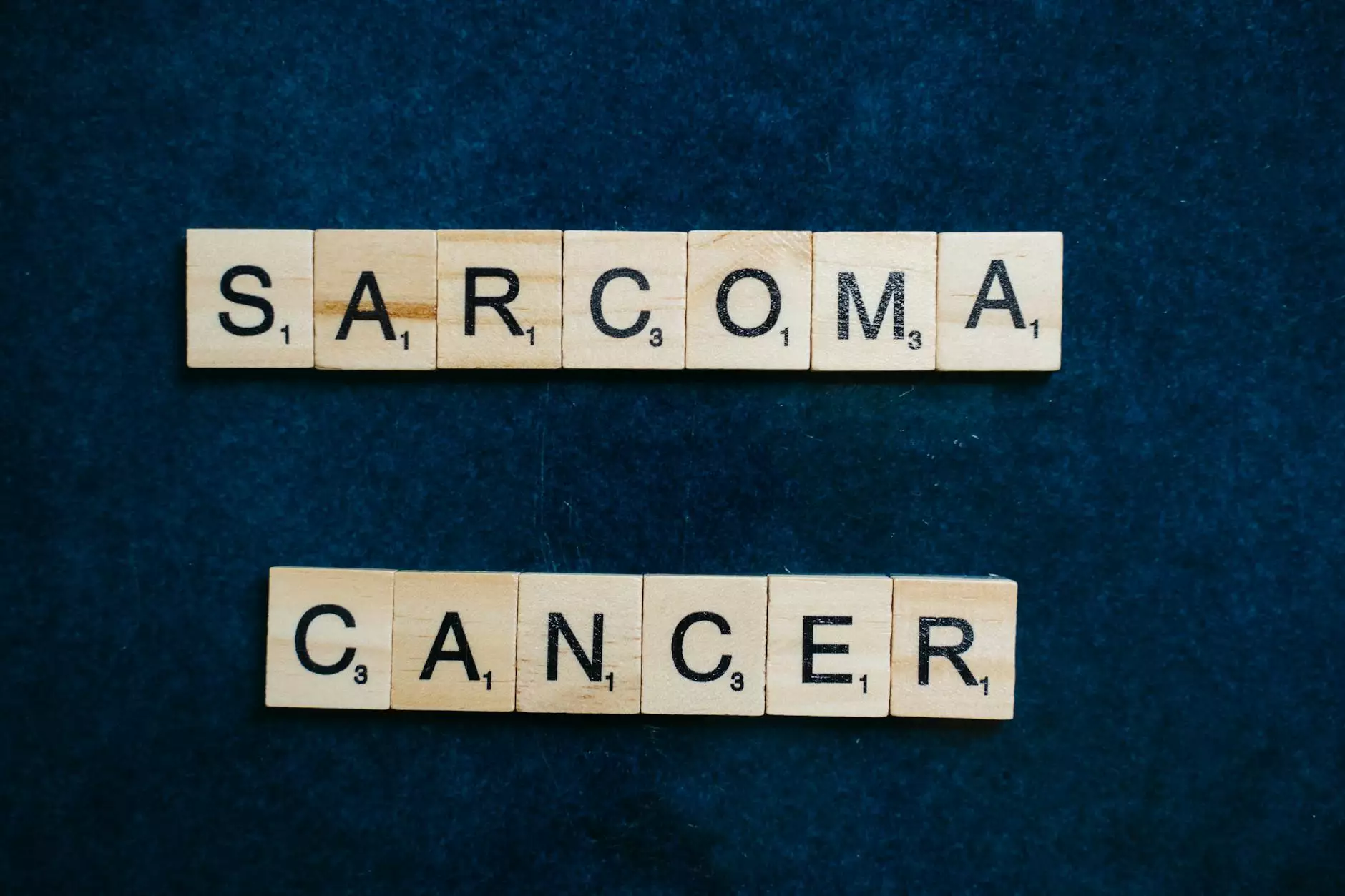Understanding Pancreatic Cancer Treatment Centers

Pancreatic cancer is one of the most challenging forms of cancer, known for its late diagnosis and poor prognosis. Pancreatic cancer treatment centers play a vital role in providing patients with access to specialized care aimed at managing and treating this aggressive disease. In this article, we will delve into the various aspects of these treatment centers, including types of treatments offered, the importance of comprehensive care, and emerging research innovations.
The Role of a Pancreatic Cancer Treatment Center
Pancreatic cancer treatment centers focus on delivering personalized treatment plans that cater to the specific needs of each patient. The involvement of a multi-disciplinary team of specialists ensures a well-rounded approach to treatment. This includes:
- Oncologists: Doctors who specialize in cancer treatment.
- Surgical oncologists: Surgeons specializing in the removal of tumors.
- Radiologists: Specialists who use imaging techniques for diagnosis and treatment planning.
- Nutritionists: Experts who help manage dietary needs during treatment.
- Psychologists or counselors: Professionals to address the mental wellness of patients.
Types of Treatments Offered
At pancreatic cancer treatment centers, various forms of treatment are available that may be tailored to the stage and type of cancer. Here are the primary treatment modalities:
1. Surgery
Surgery can be a curative option, especially in the early stages of pancreatic cancer. The main types of surgical procedures include:
- Whipple Procedure (Pancreaticoduodenectomy): This complex surgery involves removing the head of the pancreas, part of the small intestine, the gallbladder, and bile duct.
- Pylorus-preserving Pancreaticoduodenectomy: A variation of the Whipple procedure that spares the pylorus.
- Total Pancreatectomy: Involves the removal of the entire pancreas along with surrounding tissues.
2. Chemotherapy
Chemotherapy is often used in conjunction with surgery. This treatment utilizes powerful drugs to kill cancer cells or stop their growth. Common chemotherapy regimens include:
- FOLFIRINOX: A combination of four chemotherapy drugs (Folinic Acid, Fluorouracil, Irinotecan, and Oxaliplatin) that is often effective for advanced stages.
- Gemcitabine: A more traditional chemotherapy drug that can be used alone or in combination with other medications.
3. Radiation Therapy
Radiation therapy uses high-energy rays to target cancer cells. It is mainly used to shrink tumors before surgery or to relieve symptoms in advanced cases. At a pancreatic cancer treatment center, patients may receive:
- External Beam Radiation Therapy: Delivers targeted radiation from outside the body.
- Internal Radiation Therapy (Brachytherapy): Involves placing radioactive material directly inside or near the tumor.
4. Targeted Therapy
Targeted therapy focuses on specific vulnerabilities in cancer cells. For pancreatic cancer, certain drugs aim at specific markers found on the cancerous tumors. Examples include:
- Abraxane: Used in combination with Gemcitabine.
- PARP inhibitors: Targeted therapies for patients with certain genetic mutations.
5. Immunotherapy
Emerging treatments focus on harnessing the body’s immune system to fight cancer. Immunotherapy has shown promise in clinical trials, especially with monoclonal antibodies and vaccines aimed at pancreatic cancer cells.
Importance of Supportive Care
Treatment for pancreatic cancer can be overwhelming, making supportive care critical. A comprehensive treatment center provides the following supportive services:
- Pain Management: Essential to help patients cope with discomfort during treatment.
- Nutritional Counseling: Helps manage dietary needs and maintain strength.
- Psychosocial Support: Counseling services to assist with emotional and psychological challenges.
- Rehabilitation Services: Physical therapy and occupational therapy to help restore function.
Emerging Research and Clinical Trials
Research is continually evolving, and pancreatic cancer treatment centers frequently participate in clinical trials to test new therapies and improve outcomes. Some of the exciting research areas include:
- New Chemotherapy Combinations: Researchers are exploring the effectiveness of combining existing drugs in novel ways.
- Personalized Medicine: Treatments tailored to an individual’s genetic makeup.
- Advancements in Immunotherapy: Ongoing trials are examining the efficacy of new immune checkpoint inhibitors.
Participating in clinical trials may provide patients with access to cutting-edge treatment options that are not yet widely available.
Choosing the Right Pancreatic Cancer Treatment Center
When selecting a pancreatic cancer treatment center, consider the following factors:
- Expertise of the Medical Team: Look for a center with a team of experienced oncologists, surgeons, and specialists.
- Facilities and Technology: State-of-the-art facilities and access to the latest technology improve treatment outcomes.
- Support Services: Ensure the center offers comprehensive supportive care.
- Clinical Trial Opportunities: Confirm the availability of participation in clinical studies.
Conclusion
Pancreatic cancer treatment centers are pivotal in the fight against pancreatic cancer. They provide a multi-faceted approach to care, including advanced treatment options and comprehensive support services. As research progresses, the hope for improved patient outcomes continues to grow. If you or a loved one is facing a pancreatic cancer diagnosis, reaching out to a specialized treatment center can make a significant difference in the overall treatment experience and prognosis.



